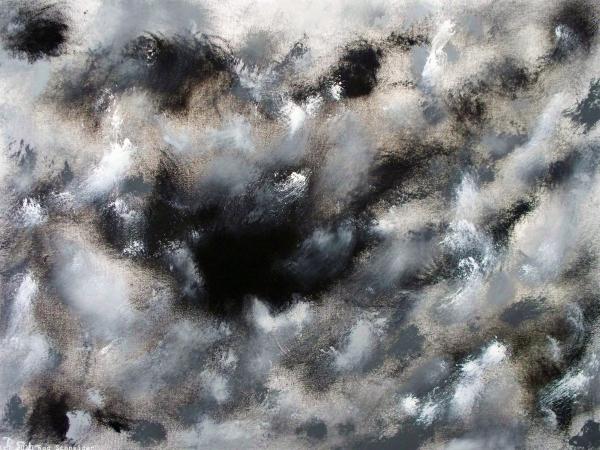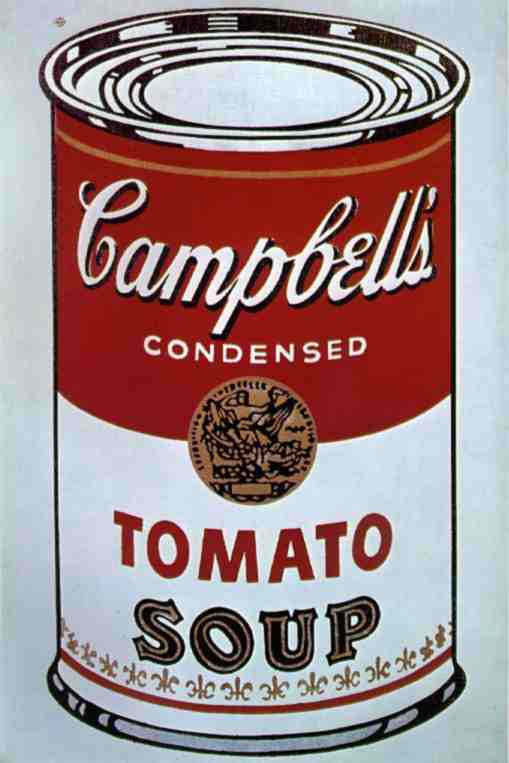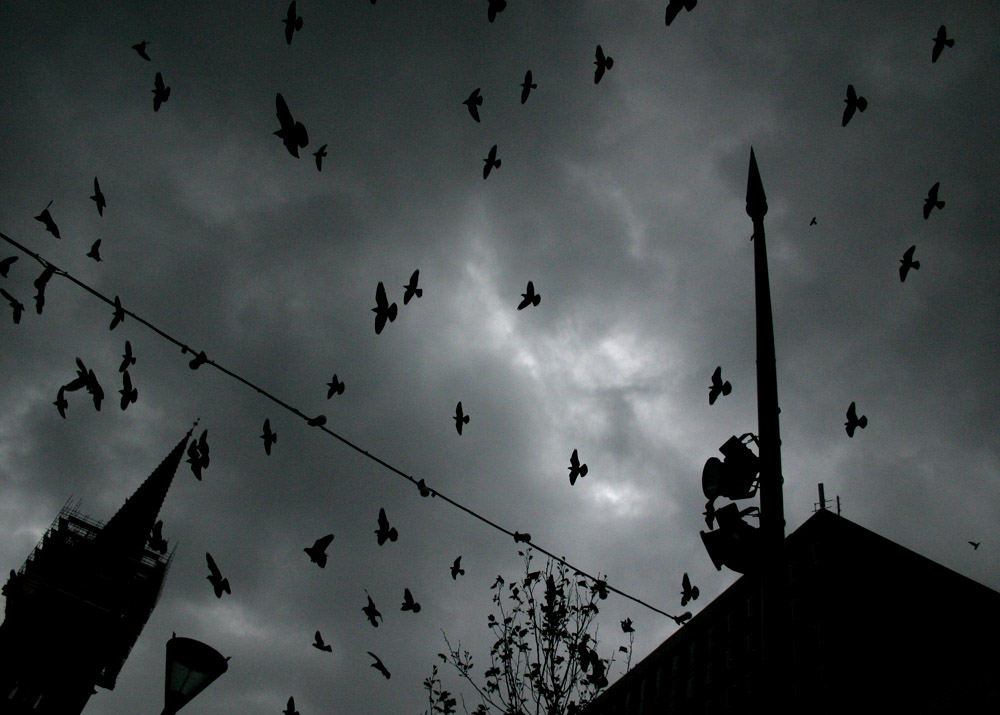 Today, at the end of class, Sexson stopped me and said, "I mean it when I say your blog is what I am looking for." Then he made a remark about how it was always what he was looking for from me. This is my fourth Sexson class and, sadly, it is the first time my blog got mentioned in a class. As a final question, he asked, "What happened? What changed?"
Today, at the end of class, Sexson stopped me and said, "I mean it when I say your blog is what I am looking for." Then he made a remark about how it was always what he was looking for from me. This is my fourth Sexson class and, sadly, it is the first time my blog got mentioned in a class. As a final question, he asked, "What happened? What changed?"I couldn't answer him in the moment. I am aware that something has happened, something has changed, but at that moment I was still unsure, I needed time to process. To be honest, I wasn't sure if I had broken through even though it felt like I had. I needed someone to affirm that, and Sexson, in that moment, did.
For the rest of the day I pondered the question, "What happened?" And after a great deal of thinking, I believe I am moving towards understanding. You see, I have always had thoughts in my head on par with what I wrote in my blog yesterday. I have always had strange thoughts, obscure thoughts, and thoughts that I find unfit for human ears. To be clear, they are not crude but, rather, outlandish. And because of this, I have been afraid to share them. I am afraid to say, "So and so wrote this and this is what I think about it" at the risk of being wrong, off, or offending that person, and at the risk of people saying, "Who could think this?" in a tone of disgust and anguished disbelief.
But for some reason, for some odd reason beyond myself, I took a risk, I jumped into that void which confronted me for so long. It is as Marlow says in Heart of Darkness:
True, he had made that last stride, he had stepped over the edge, while I had been permitted to draw back my hesitating foot. And perhaps in this is the whole difference; perhaps all the wisdom, and all truth, and all sincerity, are just compressed into that inappreciable moment of time in which we step over the threshold of the invisible.
This one line from Conrad has stuck with me for quite some time. I remember looking at this, and thinking how I had conquered my fear of heights. I had walked to the edge and peered down a vast expanse. And the fear was gone. I had conquered a physical fear. Looking back, I think how at that time I saw through a glass darkly. Now, however, I see...well...I see more clearly. However, now, at this time, I have been confronted with a deeper fear. And that fear is baring my soul, my mind, thoughts, and heart to a group of strangers through a blog. Yet here I am, passing over the threshold of the invisible into a place where all wisdom and truth and sincerity, the whole difference, are compressed. Not a blog, obviously, but in the realm of thought.
 In my first blog, I thought to write on how things come full spiral, as it were. Yet, as I often do, I erased it and posted something else. But in coming full spiral, rather than circle, we do not return to the place from whence we began but instead we are, ideally, closer to something. Is this the truth, is it wisdom, or is it merely- merely, what a foolish thing to say- becoming better versed in the connectedness of the universe? Whatever it may be, we are closer. When I came to college, I brought Conrad with me, and as I am departing after three and a half years, I again come upon Conrad.
In my first blog, I thought to write on how things come full spiral, as it were. Yet, as I often do, I erased it and posted something else. But in coming full spiral, rather than circle, we do not return to the place from whence we began but instead we are, ideally, closer to something. Is this the truth, is it wisdom, or is it merely- merely, what a foolish thing to say- becoming better versed in the connectedness of the universe? Whatever it may be, we are closer. When I came to college, I brought Conrad with me, and as I am departing after three and a half years, I again come upon Conrad.For another class we have just finished Lord Jim. In the end of the novel, Jim is pinned between two worlds. As a young boy the first world, the world of the occident, provided an escape for him. He escaped to what he thought would be a world of romance and adventure. Ultimately, though, this cruel and unforgiving world rejected him and was his undoing. He escaped to another world, the world of the orient, and again found a temporary escape. This world too, as you might expect, became his undoing. Jim, in a single act, is undone, brought to nothing. And he dies. And in death, death, he escapes, he finds peace.
The coming of age tale is always a story of a man who dies and is born again. For my last Sexson class I remembered the first chapter of the Bible, the creation of the world. And the Bible tells us a story where a man named Nicodemus is told, "You must die and be born again." These are the famous words of Jesus. And from this story, we know numerous other stories of a man or woman who overcomes a fear, an adversary, a past. And this thing dies and, because of this death, life springs forth. It is evident in nature as well, to move towards Lucretius. Flowers, trees, shrubs, they all die in the fall and winter. However, spring comes and life bursts forth. Death, and life. Life, and death.

Merlin commented on my last blog:
Creation with Emptiness. We can't look at the world and make sense out of it without both facets.
A fascinating thought. We cannot know something without also knowing that which is in stark contrast to the something. And yet, just as in the story of creation that I memorized, something fills the nothingness. That something is sublime, which God can look upon and say, "This is good" and which we look upon and say, "Words cannot express." Among these good things, is the nakedness of a man and woman. They are laid bare before creation, fully exposed. And this is significant...
So for me, what has changed? I have stepped into the void. I have stepped over the edge. I am putting words on a blank screen. I am trying my best to put thoughts into those places where the thoughts, the questions, and the ideas have not yet filled a void. And for the first time, in filling that void with "myself", or the things of myself, I am occupying a space I have never occupied. And to occupy the space is to experience the sublime, the thing which occupies the space. To step into a void is to expose oneself. If we remember, one of the "good" things in creation was the man and the woman, naked and shameless before creation. It was good.
What does this have to do with Wallace Stevens you ask? And how, in all of this, do we spiral or, as I said, move closer?
Bit nakedness, woolen massa, concerns an innermost atom.
If that remains concealed, what does the bottom matter?
Nakedness concerns an innermost atom. What was that? An atom? Lucretius? The swerve? And yet, in concealing nakedness, that which concerns the innermost atom, the bottom, the void, the end of the spiral ceases to matter. In exposure, though, something good comes to light. I think, at the very end of this day, that this is what happened...



